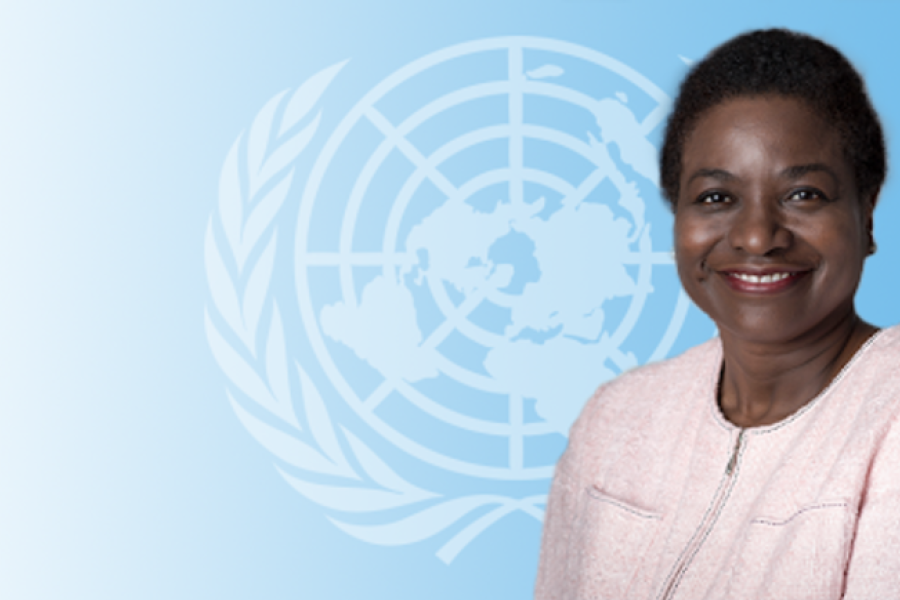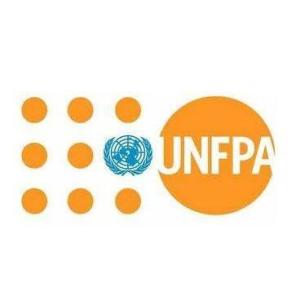UNPFA Executive Director: Statistic is not only a number, it speaks of people’s problems and health
20 October 2020
-
Tehran, 20 October 2020 – United Nations Population Fund (UNFPA) Executive Director Dr. Natalia Kanem, in her message on World Statistics Day, 20 October 2020, emphasized on the importance of statistics and the necessity of trusting it for telling story specially during COVID-19 pandemic.

The full text of her message reads:
A statistic is not only a number – it tells a human story. It speaks of people’s health and well-being, problems and prospects, and socio-economic circumstances. When collected and analysed well, statistics can advance sustainable development, identifying those at risk of being left behind.
We celebrate World Statistics Day at a moment when reliable and timely data are needed more than ever before. Fortunately, technology has exponentially increased the possibility of statistical analysis that helps us understand and act on existing issues and emerging trends.
In 2020, despite the COVID-19 pandemic, many countries are conducting 10-year national censuses, and many will rely for the first time on geospatial data. A combination of demographic and geographic information can be visualized on maps so anyone can see where needs are being met or not. Maps can show, for instance, exactly where child marriage or female genital mutilation is more prevalent, and where services, laws and spending need to work harder to reach them.
Without this information, pockets of marginalized people falling well short of national or regional average achievements typically remain unnoticed and underserved.
Geospatial data is just one of several powerful new statistical tools. But they do not come without risks. It is possible to use them to help people improve their lives and realize their rights. It is equally possible to take data and target people for persecution. Groups suffering long legacies of discrimination may want to be visible, but also are justly afraid of the consequences.
We must be able to trust that statistics tell us the truth. Steps need to be taken to ensure that data are accurate, consistent, and complete – giving us the full picture. At the same time, we must be able to trust how statistics are used, and that the process respects privacy and prevents discrimination.
Today is a moment to call on statisticians, governments and those leading technological innovation to make sure that the data we generate are accurate and reflect the human stories behind each and every number. With better data, we will have a better understanding of the challenges people are facing and how much progress we are making in improving their lives and protecting their rights.
***





